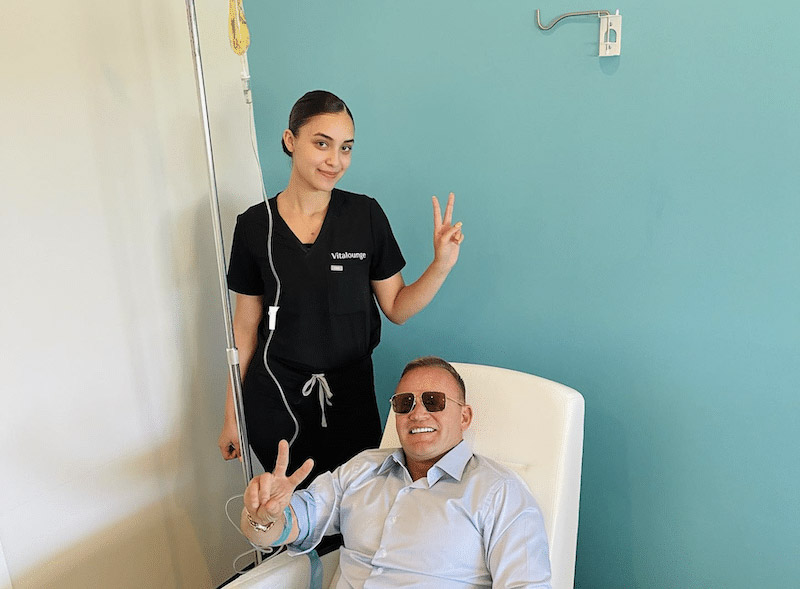
In recent years, IV therapy has become increasingly popular as a way to get essential nutrients into the body quickly and efficiently. Unlike traditional vitamin supplements, which must be digested and absorbed through the stomach and intestines, IV therapy delivers nutrients directly into the bloodstream.
So what are the benefits of IV therapy, and how does it compare to taking vitamins orally? Let’s take a closer look.
First, let’s talk about absorption. When you take vitamins orally, they must first be broken down by the digestive system before they can be absorbed into the bloodstream. This can be a slow and inefficient process, and some vitamins may not be absorbed at all. In contrast, IV therapy delivers nutrients directly into the bloodstream, bypassing the digestive system altogether. This means that nutrients are immediately available to the body and can be put to use right away.
Second, let’s talk about dosage. When you take vitamins orally, it can be difficult to know exactly how much of each nutrient you are getting. This is because the amount of nutrients absorbed can vary depending on a number of factors, such as the health of your digestive system, the timing of the dose, and the quality of the supplement. With IV therapy, on the other hand, the dosage is carefully controlled and can be tailored to meet the specific needs of each individual.
Finally, let’s talk about effectiveness. While oral supplements can certainly be effective for many people, there are times when IV therapy may be a better option. For example, if you are recovering from an illness or injury, your body may be under stress and may not be able to absorb nutrients as efficiently as usual. In these cases, IV therapy can provide a much-needed boost of nutrients to help speed up the healing process.
One example of this is a study published in the Journal of Parenteral and Enteral Nutrition, which found that patients who received IV vitamin C after surgery had a significantly lower risk of developing complications such as pneumonia and sepsis, compared to patients who did not receive IV vitamin C.
Another example is a case study published in the Journal of Alternative and Complementary Medicine, which described a patient with chronic fatigue syndrome who experienced significant improvement in symptoms after receiving a series of IV nutrient treatments.
In conclusion, while oral supplements can certainly be effective for many people, there are times when IV therapy may be a better option. By delivering nutrients directly into the bloodstream, IV therapy can provide quick and efficient results, especially for those recovering from illness or injury. So if you are looking for a way to improve your overall health and wellness, consider giving IV therapy a try. If you would like to enjoy the benefits of regular IV infusions, at an affordable price, try our Vitacore Membership plan.
Hemilä, H. & Chalker, E. (2013). Vitamin C for preventing and treating pneumonia. Journal of Evidence-Based Medicine, 6(2), 91-92. doi: 10.1111/jebm.12034
Mikirova, N.A., Casciari, J.J., Hunninghake, R.E., & Riordan, N.H. (2014). Clinical experience with intravenous administration of ascorbic acid: achievable levels in blood for different states of inflammation and disease in cancer patients. Journal of Translational Medicine, 12, 32. doi: 10.1186/1479-5876-12-32
Prousky, J. (2010). Orthomolecular treatment for chronic fatigue syndrome: a retrospective clinical study. Journal of Alternative and Complementary Medicine, 16(3), 281-287. doi: 10.1089/acm.2009.0123



